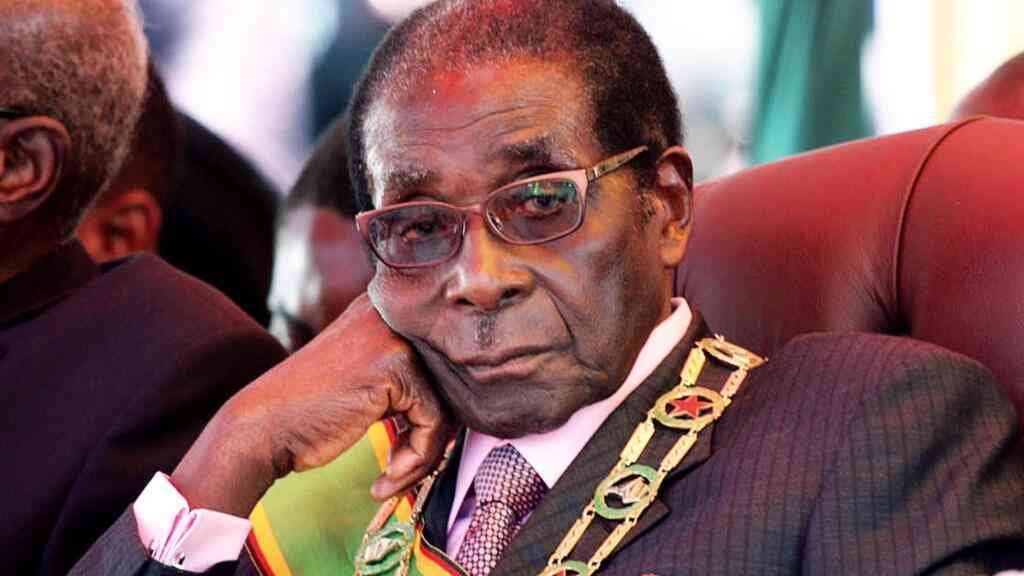
In the whirlwind of Zimbabwe’s business and political landscape, one name seems to continuously resurface like a persistent gust of wind: Wicknell Chivayo. But who exactly is this man, and why does he command such notoriety?
This past Sunday, the Zimbabwe Anti-Corruption Commission (Zacc) made headlines by announcing its intention to interview Chivayo and his business partners.
This was after a leaked audio captured Chivayo and his partners discussing a US$40 million deal related to the 2023 general elections.
The nature of this conversation raises questions about transparency, legality and inflation of prices of election materials.
The plot, however, has since thickened as Zacc also announced it was investigating Chivayo’s business partners regarding an US$87,7 million tender for the supply and delivery of 632 001 goats.
Doing a bit of math reveals that the government agreed to pay US$138,85 per goat.
Even as these scandalous deals unfold, another firm, allegedly linked to Chivayo, IMC Communications, is poised to become the local distributor for the American internet service company, Starlink in Zimbabwe.
This only adds another layer of intrigue to Chivayo’s enigmatic and controversial persona.
- Mavhunga puts DeMbare into Chibuku quarterfinals
- Bulls to charge into Zimbabwe gold stocks
- Ndiraya concerned as goals dry up
- Letters: How solar power is transforming African farms
Keep Reading
So, who is Chivayo? How does someone with such a controversial past, including a stint in prison for fraud and allegations of inflating prices beyond market value, manage to secure government contracts repeatedly?
How does he continue to operate seemingly above the law, winning lucrative deals despite a tarnished reputation?
At the very least, one would expect the government to disengage from awarding contracts to Chivayo or any of his associates until thorough investigations and court trials are concluded and even acquitted, considering that the government holds taxpayer money.
Authorities should disengage completely from dealing with Chivayo.
I say this because it looks like the government’s stance on corruption appears to be all talk and no action, a narrative that has become all too familiar to Zimbabweans.
According to Zacc, Zimbabwe loses approximately US$1,8 billion annually to corruption, a staggering figure that reflects the government’s failure to address the issue effectively.
Zimbabwe remains a land of promise, often described as a sleeping giant waiting to awaken.
However, the promise remains unfulfilled as the country grapples with the same issues more than four decades after gaining independence.
The cycle of corruption is perpetuated by a lack of integrity and a culture where officials, opposition figures and prominent Zimbabweans are easily swayed by bribes in the form of cars, houses and other luxurious gifts.
In essence, the problem in Zimbabwe is a profound lack of integrity at all levels of governance and business.
Until this changes, the country will continue to be a land of unrealised potential, where the few exploit many and the promise of a functioning economy remains a candle in the wind.






